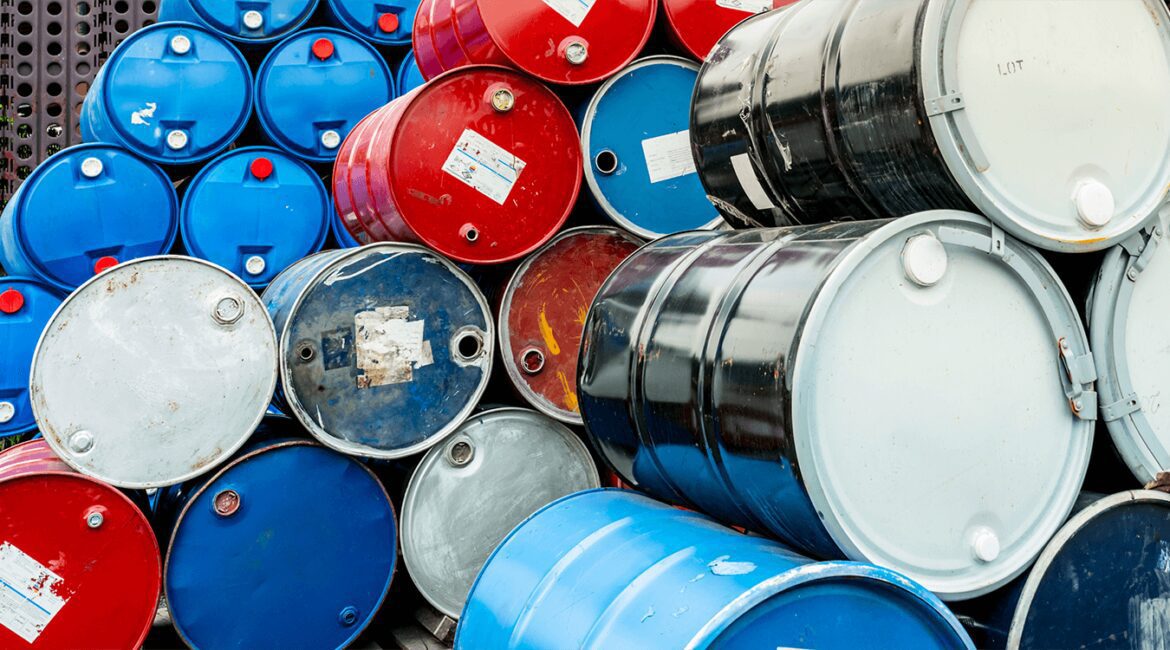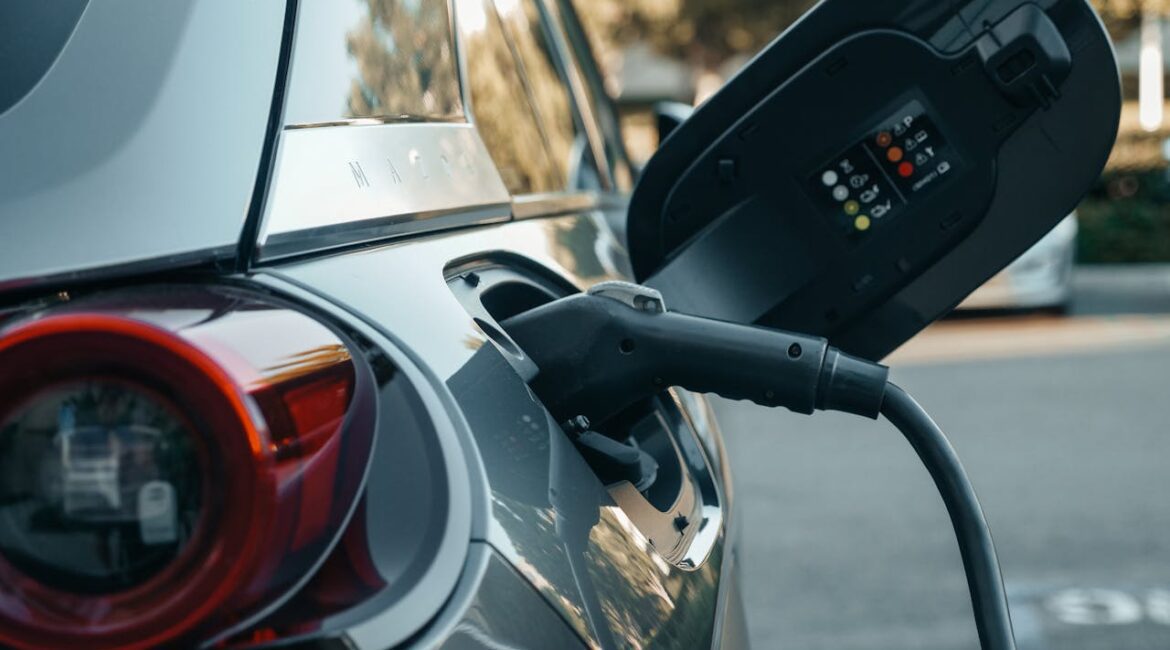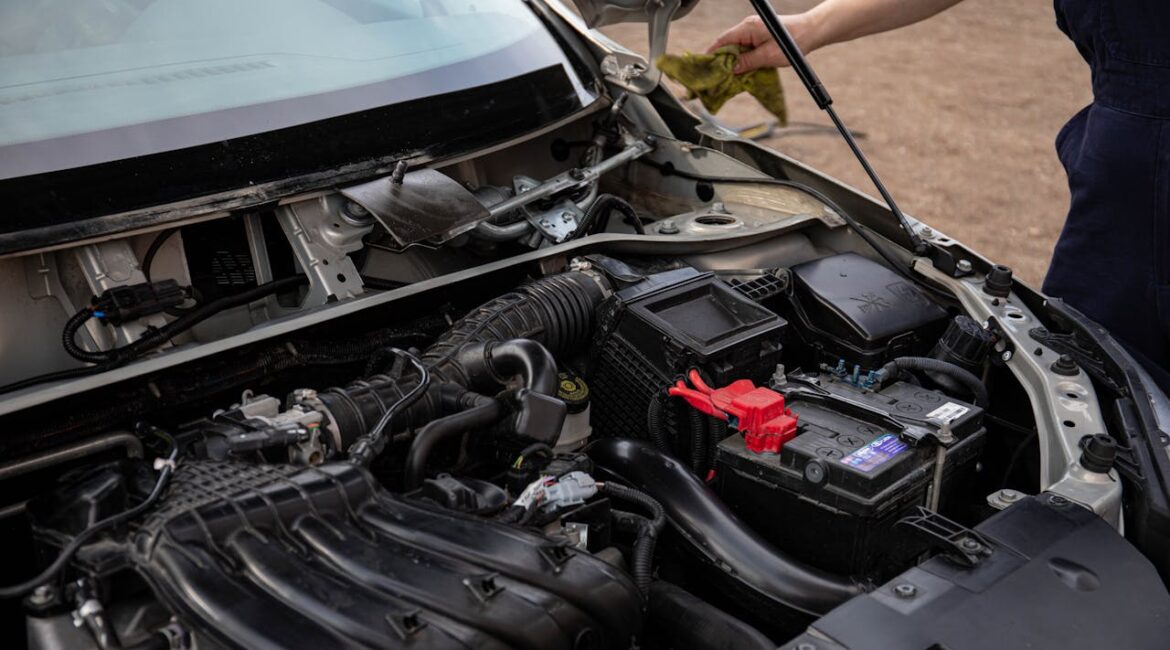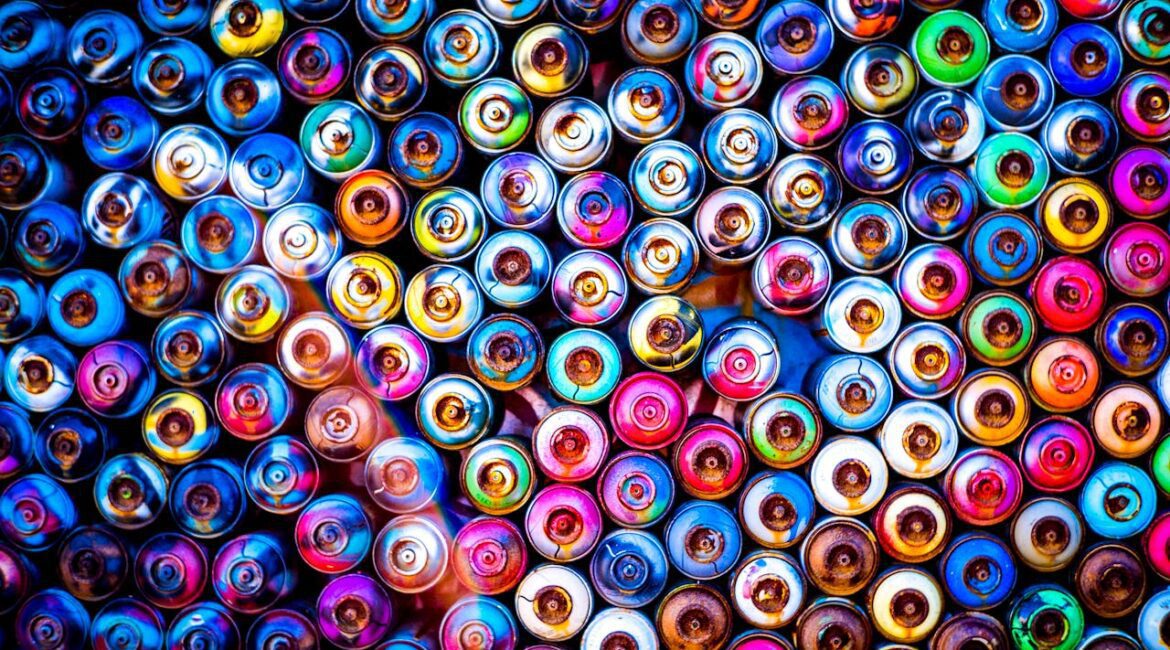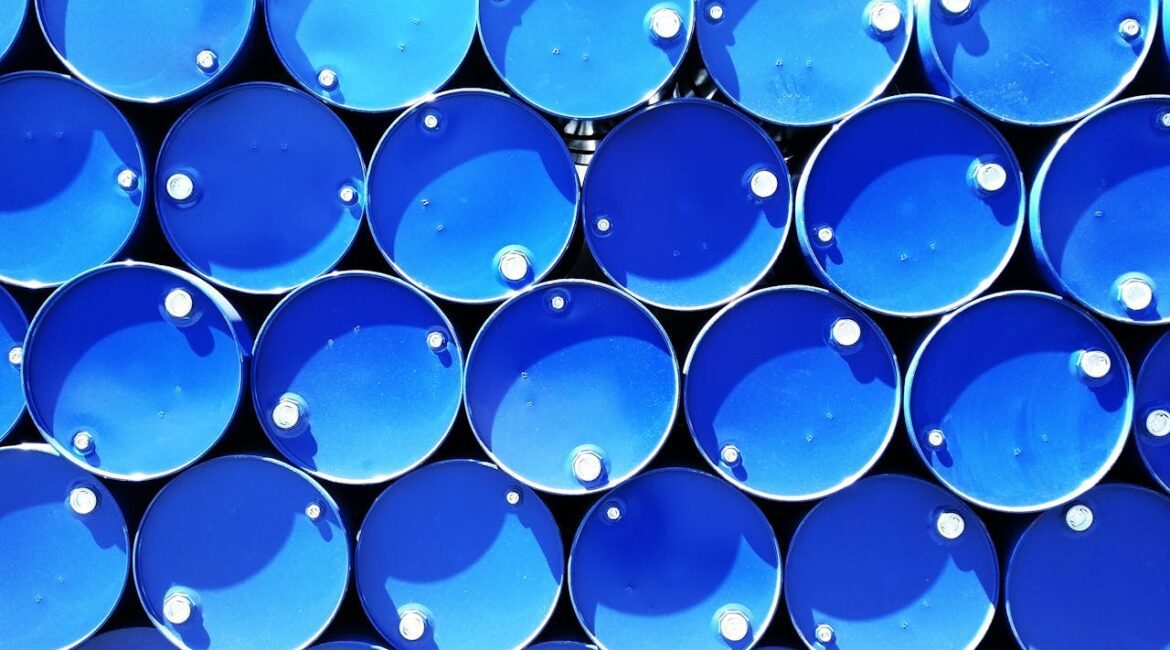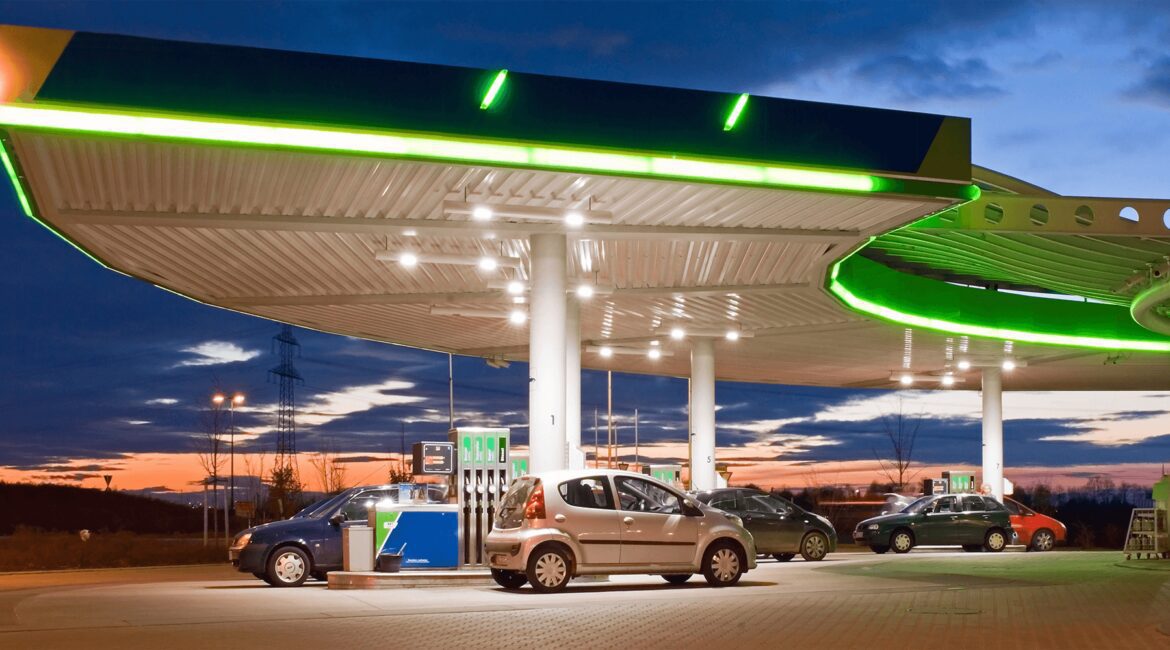Due to the hazardous nature, the most effective way to dispose of chemical waste products in a salon is with a professional waste management business. This ensures chemicals are disposed of safely and securely, in compliance with UK waste regulations.What Chemical Products Are Found In A Salon?There are various types...
What Is A Hazardous Waste Consignment Note (HWCN)
A HWCN stands for Hazardous Waste Consignment Note. HWCNs include details on waste that has been collected and transported from one party to another.These notes must be kept for a minimum of 3 years to be available for audits. This is part of the waste duty of care outlined by...
What Does AIB Stand For In Asbestos?
AIB (Asbestos Insulating Board)AIB in asbestos stands for asbestos insulating board. This low-density asbestos boarding was used throughout the construction industry for insulating against fire, heat and sound.Where Is Asbestos Insulating Board (AIB) Found?Asbestos is present in these boards and can be found in a range of places in buildings,...
The Environmental Impact Of Lithium-Ion Batteries
Lithium-ion batteries power everything from mobile phones to electric vehicles. However, their production and disposal come with significant environmental implications. Understanding these impacts can help in mitigating negative consequences and promoting sustainable practices.Environmental Hazards Surrounding Lithium-Ion BatteriesLithium-ion batteries are composed of several hazardous materials, including lithium salts, cobalt, and nickel. These...
Chemical Waste Statistics 2024
Key Takeaways Every second, our planet bears the weight of 13 tons of hazardous waste. Over just one generation, the production of man-made chemicals has surged by an astonishing 40,000%. Today, more than 100,000 different chemical substances are embedded in everyday products. Chemical Waste Statistics 2025From manufacturing processes to everyday...
How Long Should You Keep A Hazardous Waste Consignment Note?
According to the Waste England and Wales Regulations, every party involved in the handling of hazardous waste—be it the producer or holder, the carrier, or the final waste disposal facility—must retain a copy of the Hazardous Waste Consignment Note for at least three years. This requirement ensures there is a reliable...
How Long Does A Car Battery Last?
Car Battery LifespanA car battery will generally last between three and five years. This will depend on various factors such as frequency driven and driving conditions.When it comes to maintaining your vehicle, understanding the lifespan of a car battery is crucial. Factors like the type of vehicle, battery quality, and...
Is Spray Paint Hazardous Waste?
Yes, spray paint is hazardous waste. Even if the aerosol cans are partially empty, these are still classified as hazardous. This means that they must be disposed of safely following hazardous waste guidelines.Why Are Spray Paints Classed As Hazardous?Spray paint cans are considered hazardous waste due to their contents and...
Hazardous Waste Regulations: Ensuring Compliance In Your Business
Key Takeaways You must classify your waste correctly (i.e. determine if it is hazardous), use appropriate waste codes, label and package it safely, and segregate hazardous from non-hazardous waste. For every movement of hazardous waste (collection, transport, disposal), you need proper documentation (consignment notes), and all parties (producer, carrier, receiver)...
Why Is Interceptor Cleaning Important?
Interceptor cleaning and emptying is a crucial service provided by Collect and Recycle, especially for facilities that handle liquid waste, often hazardous. This blog post delves into the significance of interceptor cleaning, the risks associated with neglecting this vital service, and how it contributes to environmental protection and compliance with...

